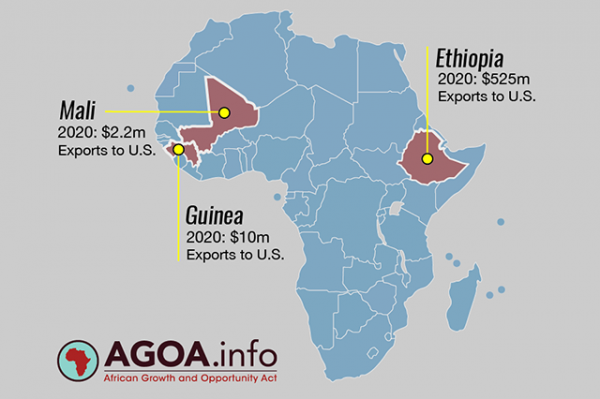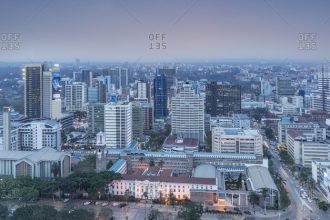As the curtains closed on 2023, Uganda reported an annual inflation rate of 4.6 percent, showcasing a notable decline from the 7.2 percent recorded in the previous year, 2022. The decrease in headline inflation suggests a relatively slower pace of rising prices for goods and services compared to preceding years, providing some relief for consumers.
Ms. Alizik Kaudha Lubega, Director of Macroeconomic Statistics at the Uganda Bureau of Statistics, highlighted that the annual average core inflation for 2023 was 4.0 percent, down from 6.0 percent in 2022. While prices continue to ascend, the deceleration in the inflation rate implies more manageable challenges for the populace, fostering improved purchasing power and encouraging economic investment.
The erosion of the value of money is a current concern, with a general increase in the prices of necessities such as food, transport, and energy. However, incomes have not risen at a comparable pace, resulting in reduced purchasing power for consumers.
Analyzing the specifics, the annual headline inflation for the 12 months from December 2022 to December 2023 stood at 2.6 percent. The annual core inflation, a key metric excluding volatile items, increased to 2.3 percent in December 2023 from 2.0 percent in November 2023.
Ms. Lubega identified various drivers behind the core inflation figures, including notable shifts in services inflation, passenger transport by taxi and hired car, and fluctuations in the prices of local gin (Waragi Crude). Furthermore, the annual inflation rates for other goods and food crops witnessed varying trends.
The data revealed that annual other goods inflation increased at a slower rate of 1.2 percent in December 2023, driven by changes in motorcycle prices, rice prices, and smoked tilapia prices. In the food crops category, annual inflation slowed to 2.5 percent in December 2023, with notable contributions from green cabbage, dry beans, watermelon, and carrot prices.
The Consumer Price Index (CPI) figures also shed light on the energy sector, with annual energy fuel utilities inflation escalating to 6.4 percent in the year ending December 2023. Contributing factors included increased charcoal prices, a marginal rise in petrol prices, and a decrease in diesel prices.
While Uganda’s inflation trajectory reflects a positive trend, it also underscores the delicate balance policymakers must maintain to sustain macroeconomic stability, reduce debt vulnerabilities, and stimulate growth.
The international context, as highlighted by the International Monetary Fund (IMF), emphasizes the need for strategic policy decisions amid evolving economic landscapes.




















